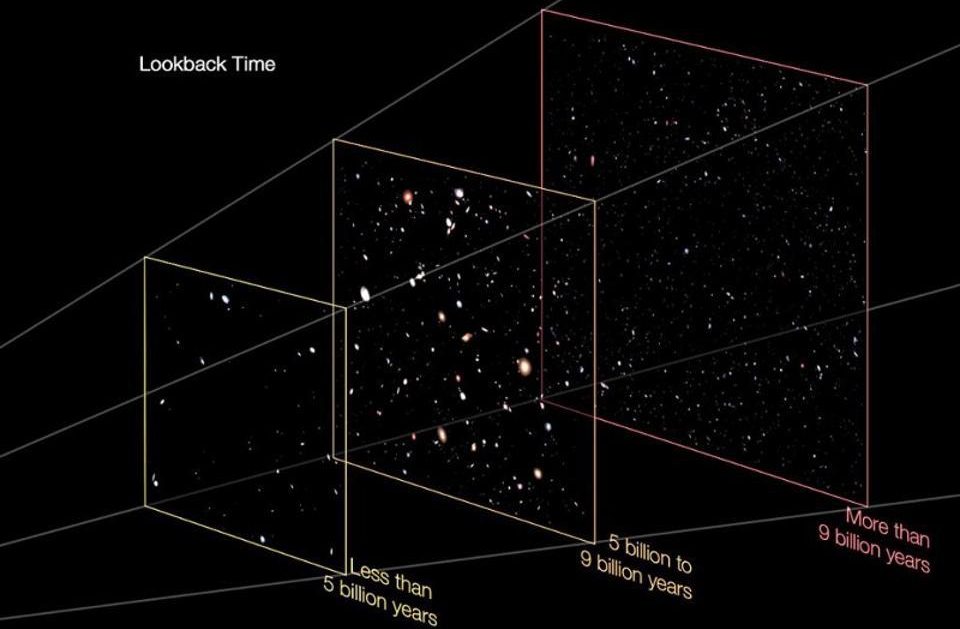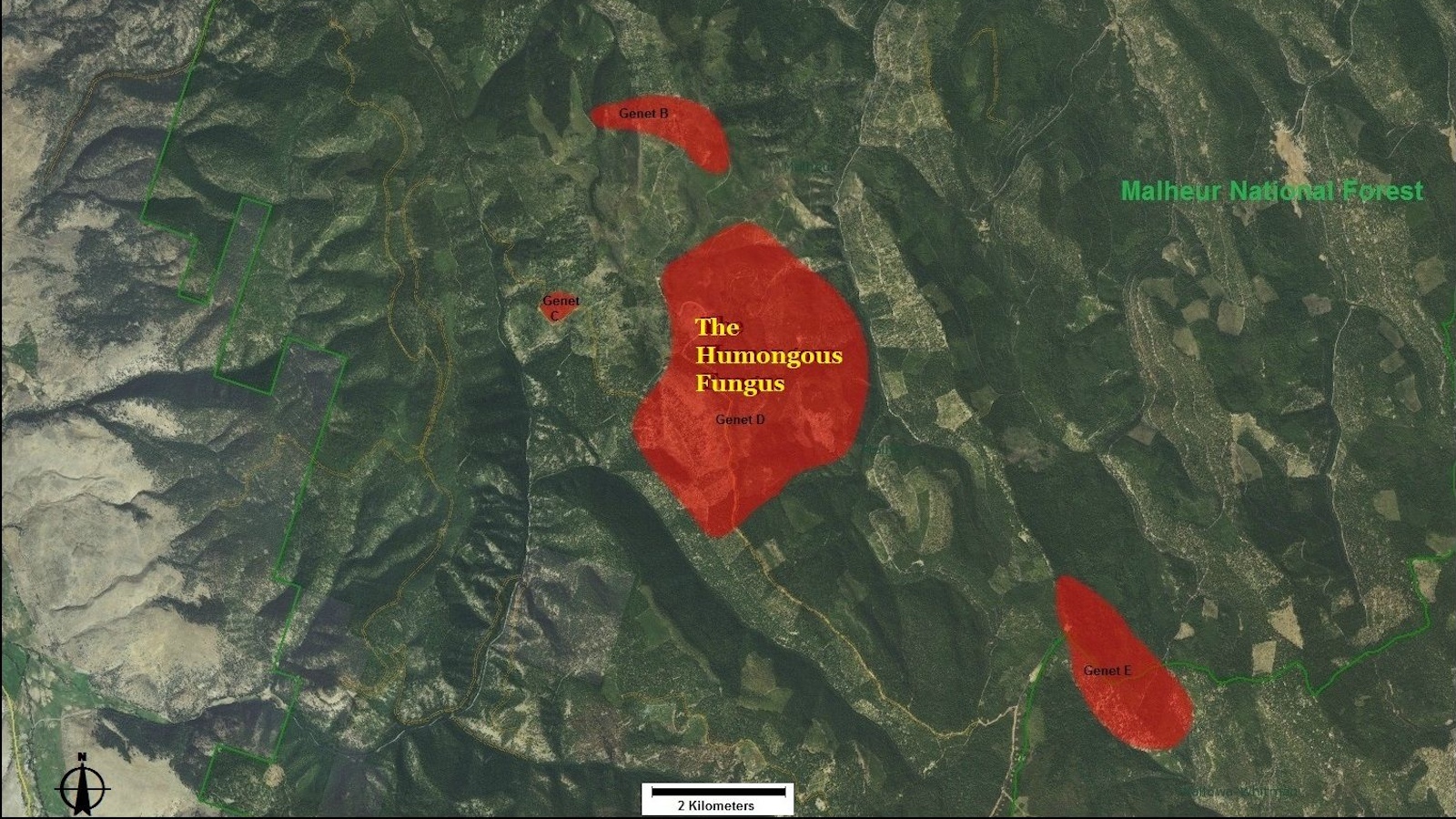Barlow describes her Blue Covenant.
Question: Is there an international solution to the water crisis?
Maude Barlow: Well, the book is called Blue Covenant because I feel that we need to have this covenant around water. And the covenant that I am talking about would have three parts.
First is the covenant from humans, and that is through our governments, to some extent, and through the United Nations and whatever, with the earth to stop destroying water. And that is probably the most important thing we can do. We have to stop polluting surface water and it has to be considered a crime to pollute. And we have to remember the words of Martin Luther King who said legislation may not change the heart, but it will restrain the heartless. For those who will not voluntarily stop destroying water, we have to force them to do that.
We have to stop over pumping ground water. It is not sustainable. There are 23 million borewells in India alone, going 24x7, just taking that water up. It is water mining. It is not the sustainable use of that water. It is water mining. That has got to stop.
We have to retain water and bring back water into watersheds and we have to see ourselves more as a species that needs to live within nature's rules than try to bend nature to our rules with our technology and so on.
So, that is the first and that means more sustainable agriculture, that means we are not going to be able to grow [Inaudible] in the desert the way we are doing now. We are just going to have to change our way of life, much more local buying, local sourcing and so on.
The second part of the covenant would be a covenant to equality and justice around water, which would be to understand the roots of poverty in the global south and in the global north and to really address it, so that water is equitably distributed.
We call it water for all.
We believe deeply that every one has that right.
And finally, we are talking about a kind of covenant with democracy that we feel that this should be publicly overseen, that the water, everything about it, should be public in terms of oversight, public accountability.
We have a right to know who has got hold of our water and believe me, there is nothing more fundamental in a community than some great big corporation from another country coming in and saying, "Thanks very much, thanks for taking care of that water, it is ours now."
Believe me, it doesn’t matter whether you are left or right or you live in the global north or the global south, it is something that just puts a bee under your bonnet about that notion. And people get up and say, "Excuse me."
In Stockton, California, there was a coalition of environmentalists and community activists and right wing evangelicals--it was just wonderful. It was a real coalition of people. The evangelicals said, "That is God's gift to us. You can't take it and make it a for-profit thing." No matter what their reasons for coming together, it was a wonder coalition that came together to say, "Get out. It is our water."
So, it has been really interesting politically to watch what this issue does. And when we demand this democratic accountability, people really respond to it and we are working at the United Nations to word a basic covenanteric convention that says water is a human right.
Because in the original Universal Declaration of Human Rights of 1948, water was not included because whoever knew then that you could even conceive of a time when water would be disputed like this. It just wasn’t in people's consciousness, but now it is and so we want that right enshrined at the United Nations and other places.
Recorded On: March 17, 2008





